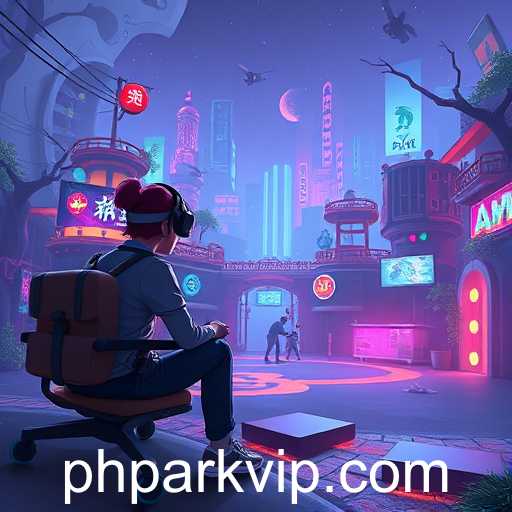In a world where the boundaries between reality and the digital realm continue to blur, PH PARK has emerged as a frontrunner in the gaming industry in 2025. The English game website, known for its immersive virtual reality environments and dynamic user-generated content, is reshaping how gamers interact and engage with digital spaces.
PH PARK is not just another gaming platform; it is a testament to how technology has evolved to enhance personal experiences within virtual settings. Combining cutting-edge graphics with user-friendly interfaces, the platform has seen a surge in popularity, attracting gaming enthusiasts from all walks of life. It aims to foster an inclusive online community where players can explore, design, and participate in a wide array of game modes, ranging from adventure to strategy.
One of the standout features of PH PARK is its emphasis on creativity and expression. Users have the liberty to craft their own unique worlds, sharing them with a global audience. This community-driven model has cultivated a vibrant exchange of ideas and narratives, allowing gamers to not only play but also contribute actively to the development of the platform.
Moreover, the platform has made significant strides in enhancing accessibility features, ensuring that players with various abilities can fully engage with its offerings. This dedication to inclusivity underscores PH PARK's commitment to making gaming an enjoyable experience for everyone.
Commentary from industry experts highlights the platform's innovative use of virtual reality technology. By immersing players in a highly interactive environment, PH PARK is providing a glimpse into the future of gaming. It is setting new standards for how games can not only entertain but also educate and connect people from different corners of the globe.
As PH PARK continues to evolve, it is poised to influence the next generation of gaming technologies, setting a precedent for how digital platforms can cater to a diverse and global audience. The synergies it creates between game developers and players could signal a shift in how the gaming industry approaches user engagement and content creation in years to come.








